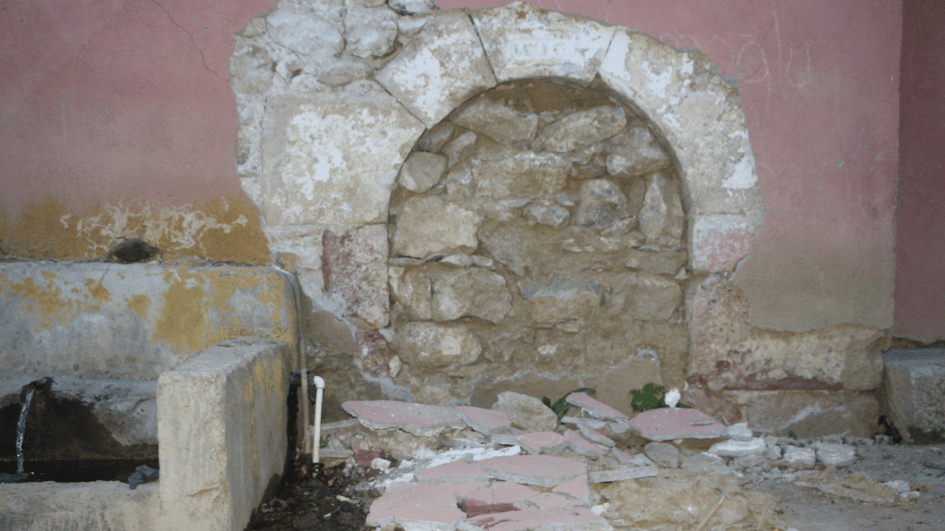Insisting on insanity in Cyprus
A window of opportunity for a resolution to the Cyprus problem is opening once again. Will the Greek and Turkish Cypriot peoples of the divided east Mediterranean island be smart enough finally to grasp this opportunity and bring about an end to the almost half-century-long intercommunal power-sharing problem? Past experience unfortunately does not allow much room for optimism.
A Greek Cypriot friend wrote to kill my already-scarce optimism. He recalled a famous quote from Einstein, “Insanity is doing the same thing over and over again and expecting different results.” Is it insanity to insist on dialogue since we have kept having inconclusive rounds of Cyprus talks since 1968 and since despite decades of efforts even the positions of the two sides on the root cause of the Cyprus problem are as different as black and white? For one it is a problem of invasion and continued occupation since 1974. For the other it is a matter of existential political equality of the two peoples of the island and the problem is one produced by the Greek Cypriot violent campaign in 1963 to exterminate the Turkish partners.
Obviously, Turkish Cypriots would not agree to a settlement bringing back pre-Turkish intervention conditions – as most Greek Cypriots still hope for. However, there could be an arrangement allowing co-existence of the two peoples on the island as two equal peoples sharing the same homeland and whose relationship cannot be defined with the problematic minority and majority terminologies. Such an arrangement was at the corner in 2004 when a U.N.-sponsored settlement plan was put to separate referendums on the island. Turkish Cypriots accepted it. Greek Cypriots, however, voted to kill it, as irrespective of the outcome a week after the vote they were to enter the European Union.
Now, some things have changed on Cyprus. The first round of the presidential vote showed that pro-settlement (and pro-bailout) Nikos Anastasiades might score a victory in Feb. 24’s second round of voting against the other contender, socialist Stavros Malas. Anastasiades is supported by a coalition of diehard nationalists opposed to a compromise settlement. Can he walk to a compromise with such a crutch? Difficult.
But, the Greek Cypriot economy is going through a severe economic crisis; so severe that the Cyprus problem was relegated in the campaign, which was dominated with discussion of how to rescue the economy. A resolution of the Cyprus problem might offer the start of a miraculous and heavenly atmosphere that could terminate economic woes as if they were just soap bubbles. How? Besides a deal opening the gigantic 75 million-person Turkish economy for Turks and Greeks of the island – which would be an unimaginable development – a deal would as well provide the prospect of carrying offshore Cypriot natural gas to European customers via Turkey, an option much cheaper and far quicker to realize than liquified gas or cross-Mediterranean pipeline options.
Despite the not-so-promising electoral crutch he has, Anastasiades, if elected, might grasp the prospects offered by a painful compromise and finally Turkish Cypriots and Turkey might find a Greek Cypriot negotiator willing to do business rather than trying to buy time pretending to be negotiating.
Of course to achieve such a breakthrough there will be a need for EU leaders to prod Anastasiades and help Greek Cypriots understand merits of a compromise; a bitter one that will bring prosperity for all.











